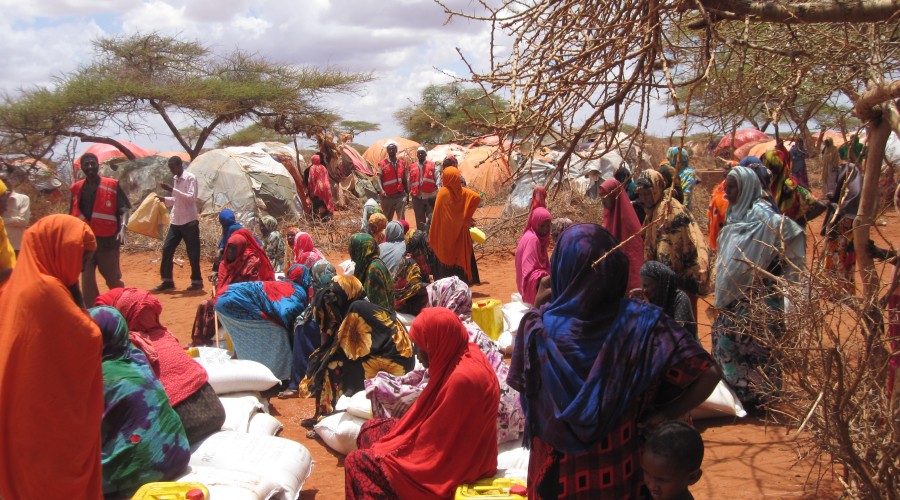Lessons from South Central Somalia
by Riccardo Polastro, DARA
The scale and scope of the humanitarian crisis in South Central Somalia challenges the humanitarian systems capacity to deliver assistance. More than two decades of conflict, combined with cyclical, slow- and fast-onset disasters, have displaced millions of Somalis. In the absence of a central government, the few basic services available are mostly provided by humanitarian aid organisations (mainly through local staff and partners) and food crises are recurrent. Many of the lessons from this crisis can also be applied to other complex emergencies where the humanitarian response capacity has been overstretched, and where security and access constraints make it difficult for agencies to establish a regular presence on the ground.
The humanitarian response
This article highlights the key findings from the report of the Inter-Agency Standing Committee (IASC) evaluation of the humanitarian response in South Central Somalia between 2005 and 2010.+ These findings and recommendations have been validated by the Humanitarian Country Team, and the evaluation is considered one of the most comprehensive evaluations of aid in Somalia ever conducted.+ Despite critical access and security constraints the overall response was successful in key areas such as food distribution, health, nutrition, water and sanitation. From 2005 to 2010 there was no large-scale disease outbreak even though millions of people fled from their homes in a very short period. There were a number of innovative features in the response, especially around remote management (monitoring, participation and accountability). The Somali diaspora and the population in IDP-influx areas and in the region as a whole played a major role in the response.
Strategic lessons and conclusions
From 2005 to 2010 control over South Central Somalia was consistently disputed and humanitarian space shrank dramatically. Some key donors blended security and humanitarian agendas, and parties to the conflict have repeatedly violated international humanitarian law by conducting indiscriminate attacks against civilians and impeding humanitarian access. As a result, neutral and independent humanitarian action has lost ground and humanitarian organisations have faced increasing difficulties in gaining access to populations in need. Ways need to be found through dialogue to ensure that combatants are distinguished from civilians and that warring parties accept and facilitate the provision of humanitarian assistance according to need, regardless of clan or political affiliation.

